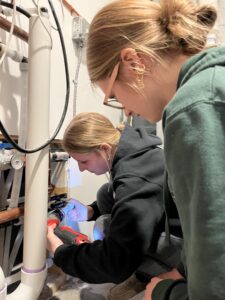
Science, technology, engineering, and math (STEM) are the essential building blocks of many careers that impact our daily lives. When people think of STEM, they often think of careers in healthcare, software development, and chemical engineering.
But STEM is also the foundation of trades careers like HVAC, electrical, and plumbing.
Do you think plumbing is just wrenches and water? Think again. This essential skilled trade runs on science, technology, engineering, and math. Here’s how:
Plumbing has always been rooted in science, even dating back to ancient civilizations that developed the first water systems. But it wasn’t until centuries later that scientists discovered a major breakthrough: bacteria in unfiltered water posed a serious threat to public health.
That discovery helped define the modern plumber’s role as a protector of health and safety. Plumbers became the first line of defense, ensuring safe drinking water and proper sanitation in homes, schools, and businesses. By applying scientific principles like gravity, pressure, and fluid dynamics, plumbers design and maintain systems that efficiently move clean water in and wastewater out.
As science evolves, so does plumbing technology. For example, plastic piping has become more common because it resists corrosion and performs better than traditional materials like steel or copper. Whether it’s understanding water chemistry or selecting the right materials, science continues to shape the work of today’s plumbers.
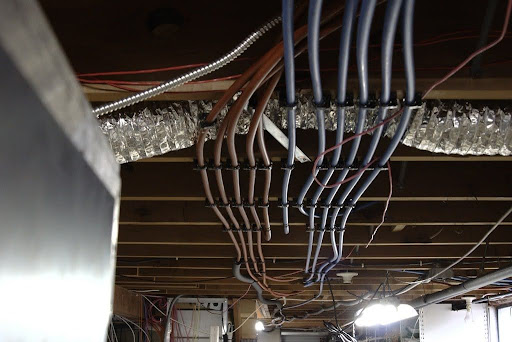
Modern plumbers install smart devices like leak detectors, water monitors, and energy-efficient water heaters. These technologies help conserve water, prevent damage, and support environmentally friendly plumbing systems.
Through hands-on training and apprenticeships, plumbers learn how to work with evolving technology. Whether setting up connected systems or troubleshooting digital controls, today’s plumbers combine practical skills with innovative tech every day.
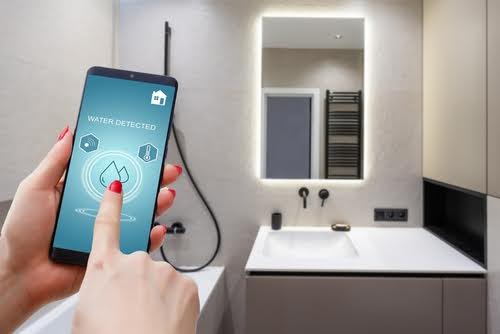
Plumbing systems are engineered for efficiency, safety, and performance. In the past, hot water came from bulky tanks heated by gas or electricity. Today, tankless systems use advanced engineering to deliver hot water on demand, saving energy, space, and money.
From designing layouts to selecting the right equipment, plumbers rely on engineering principles to create systems that meet building codes and serve real-world needs.
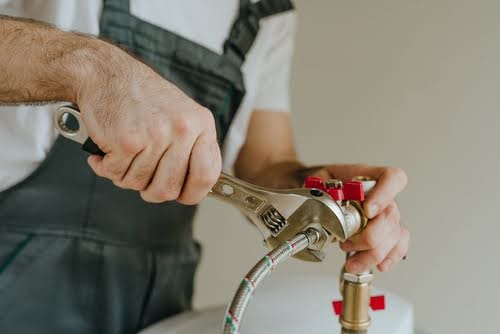
Plumbers use math every day, from reading blueprints to measuring and installing systems accurately. Algebra and geometry help them calculate pipe lengths, drainage slopes, and water pressure. Whether sizing waste lines or ensuring proper ventilation, math is essential to building safe, efficient plumbing systems.
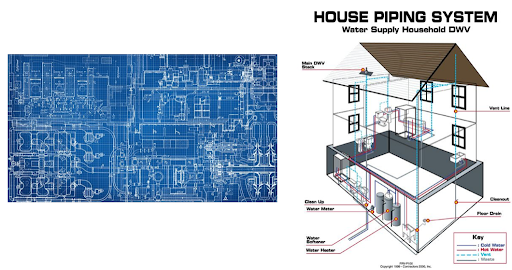
Traits & Interests to Help You Succeed
Technical skills are important, but becoming a great plumber also depends on your mindset and interests. If you’re someone who enjoys solving problems, working with your hands, and helping others, plumbing could be a great fit. In fact, many experienced plumbers say it’s their attention to detail and ability to think critically that sets them apart. Here are a few key traits and interests that can help you succeed in this skilled trade:
Plumbing is so much more than fixing leaks. It’s a skilled trade built on the foundation of STEM. From understanding building codes to solving real-world problems with smart technology, plumbers use critical thinking and hands-on expertise every day.
If you’re curious about what plumbers do and whether this opportunity is right for you, explore our Plumbing Careers Infographic. Want to explore other skilled trades? Take our quiz to see which path suits your skills and interests.